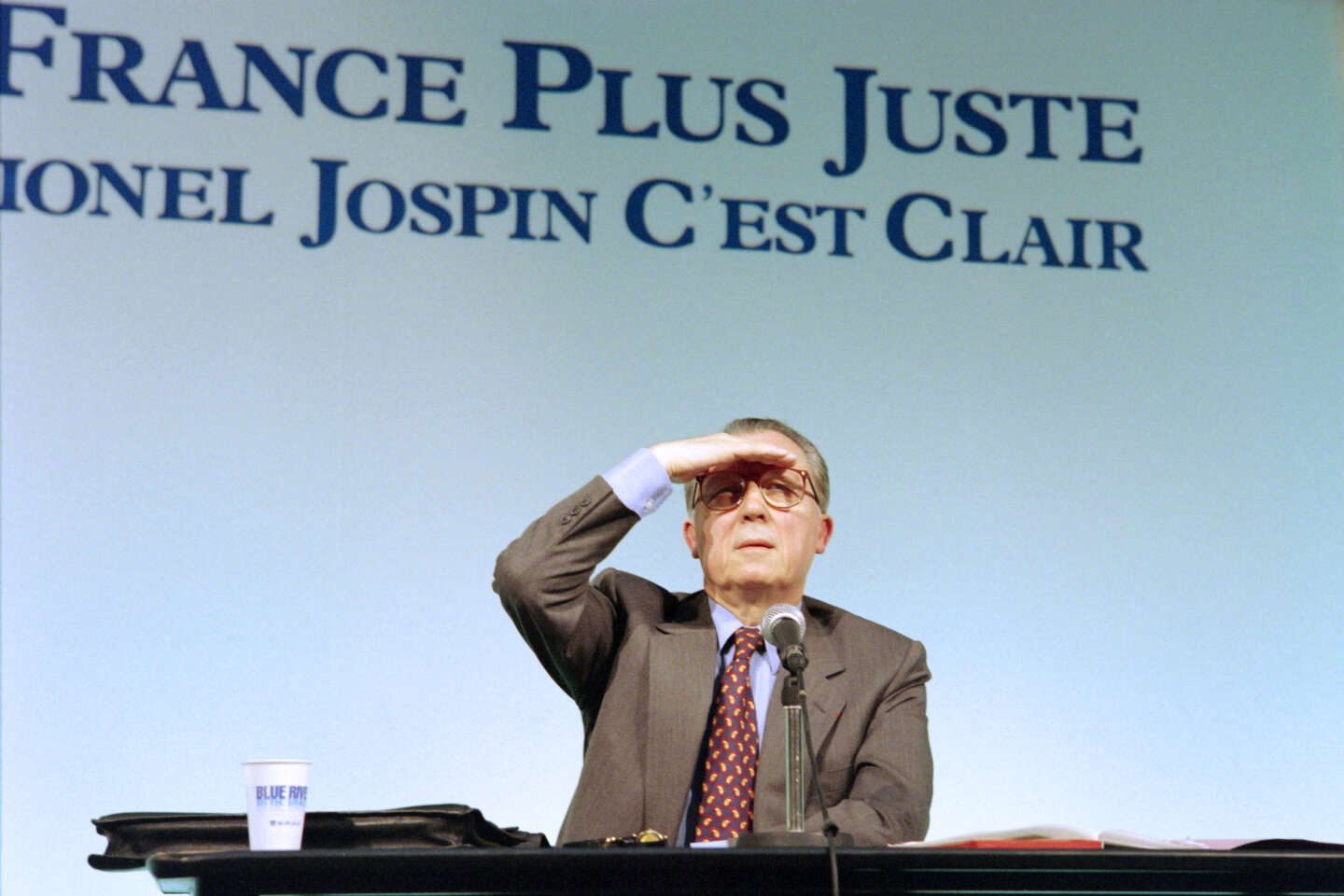


On March 7, 1985, Jacques Delors, who had been president of the European Commission for two months, was awarded the Légion d'Honneur by President François Mitterrand (1916-1996). In his speech, Mitterrand made one of his favorite obscure remarks: "You realized, a little late, that you can't change things by economic and social means alone. You discovered, a little late, that you also needed politics."
There is some truth in this remark. A committed citizen since French liberation at the end of World War II, Delors had long favored non-partisan forms of political engagement in his attempts to change French society. It was not until 1974 that he decided to knock on the door of Mitterrand's Parti Socialiste (PS), which had been engaged in a strategy of alliance with the Communists for three years. To say that Delors felt uncomfortable would be an understatement. Hostile to the trends shaping the PS, he never tried to create his own. His reluctance to face up to universal suffrage and his aversion, inherited from former European Council president Pierre Mendès France (1907-1982), to the revolutionary rhetoric many of his comrades were fond of, accentuated his feeling of strangeness towards the PS.
To subscribe uncritically to Mitterrand's analysis, however, would be to ignore the factors that enabled him to earn his stripes as a statesman. Delors was not "the Saint Sebastian of socialism," as he liked to call himself, even if he had to overcome two original sins: his participation in the cabinet of Gaullist Prime Minister Jacques Chaban-Delmas (1969-1972), whose "new society" project he helped to draw up, and his avowed Catholic faith. This offended many party members attached to secularism and aroused the suspicions of Mitterrand, who was worried about a potential Christian offensive on his party.
But Delors made the most of his three main assets: a high level of economic and social expertise, marked by the personalism of the Christian philosopher Emmanuel Mounier (1905-1950) and his professional experience with the Plan (an advisory board reporting to the country's government) in the 1960s; an excellent media image; and unwavering loyalty to Mitterrand.
Suspicion
When the rivalry between former prime minister Michel Rocard (1930-2016) and the first secretary of the PS sharpened from 1977 onward, Delors supported Rocard but did not take part in the cabal at the Metz congress (April 1979), which consecrated the victory of Mitterand supporters. This "good choice" facilitated his ascent. He became Mitterrand's main economic expert for the 1981 presidential election. Once the election was won, he was appointed to the Ministry of Finance but found himself relegated to a historically low rank – 14th – for such a position. A keen football fan, Laurent Fabius, junior secretary for the budget, also gave him a hard time.
You have 60% of this article left to read. The rest is for subscribers only.
